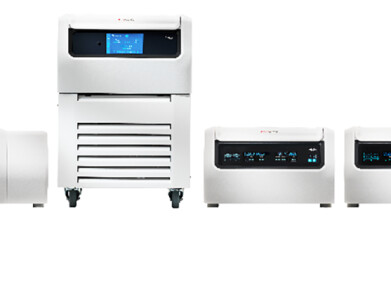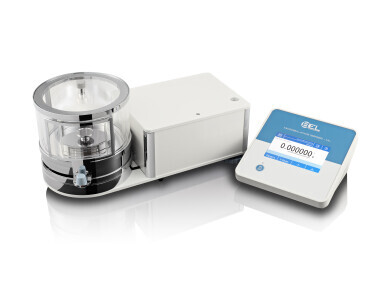Sample preparation
What is Sample Preparation?
Jun 14 2021
Before samples can be analysed using advanced scientific equipment and instruments, they must be properly treated and prepared. This preliminary step is an important stage of the overall analysis process as it helps to prevent contamination, improve accuracy and minimise the risk of results distortion.
Almost always, sample preparation starts with extraction. This involves isolating a representative piece of material from a larger source. Want to know more about the importance of sample preparation? Below, we explore some of the key concepts and techniques associated with sample preparation.
The goal of sample preparation
The goal of sample preparation is to improve analytical results without compromising the integrity of the original material. Generally, this involves minimising matrix components to create a “cleaner” sample, concentrating analytes and using chemical modifications to improve analytical processes such as detection and separation. The end result, also known as the processed sample, allows researchers to unlock faster and more accurate results.
Techniques used for sample preparation
The methods and techniques used to prepare samples vary enormously depending on the characteristics of sample being analysed, as well as the type of examination being performed and the desired results. Read on to find out more about some of the latest methods being used in state-of-the-art laboratories.
-
Solid-Phase Extraction
Solid-Phase Extraction uses a solid absorbent to isolate compounds in a sample according to their unique chemical and physical properties. It’s one of the most widely-used methods for “cleaning up” samples for analysis and is used across a range of scientific fields. Variations on the method such as Solid Phase Analytical Derivatisation (SPAD) are used in more specialised applications and offer a range of benefits, including increased efficiency, reduced organic solvent consumption and improved compatibility with chromatographic systems.
“Sample preparation method is crucial in analytical chemistry and especially for the complicated matrices encountered in biological and environmental samples, reads an abstract from ‘Solid Phase Analytical Derivatisation as a Sample Preparation Method’, a report published by Dutch-based company, Elsevier. “The challenge in sample preparation in such analysis is the recovery of analytes in an isolate suitable for determination at high sensitivity and specificity.”
-
Gravimetric sample preparation
Preparing samples gravimetrically not only improves accuracy and precision, but also unlocks huge time saving benefits for laboratories. The automated method sees sample concentrations expressed in mg/g, with solvent added based on the weight of the solid sample.
Improving accuracy and efficiency is almost always the underlying goal of sample preparation. Find out more about how the latest technologies from Ohio-based scientific instruments manufacturer Mettler-Toledo is helping researchers achieve this in ‘How gravimetric sample preparation is helping pharmaceutical manufacturers meet the demands of consumers, regulators, and the market.’
Digital Edition
Lab Asia Dec 2025
December 2025
Chromatography Articles- Cutting-edge sample preparation tools help laboratories to stay ahead of the curveMass Spectrometry & Spectroscopy Articles- Unlocking the complexity of metabolomics: Pushi...
View all digital editions
Events
Jan 21 2026 Tokyo, Japan
Jan 28 2026 Tokyo, Japan
Jan 29 2026 New Delhi, India
Feb 07 2026 Boston, MA, USA
Asia Pharma Expo/Asia Lab Expo
Feb 12 2026 Dhaka, Bangladesh



















